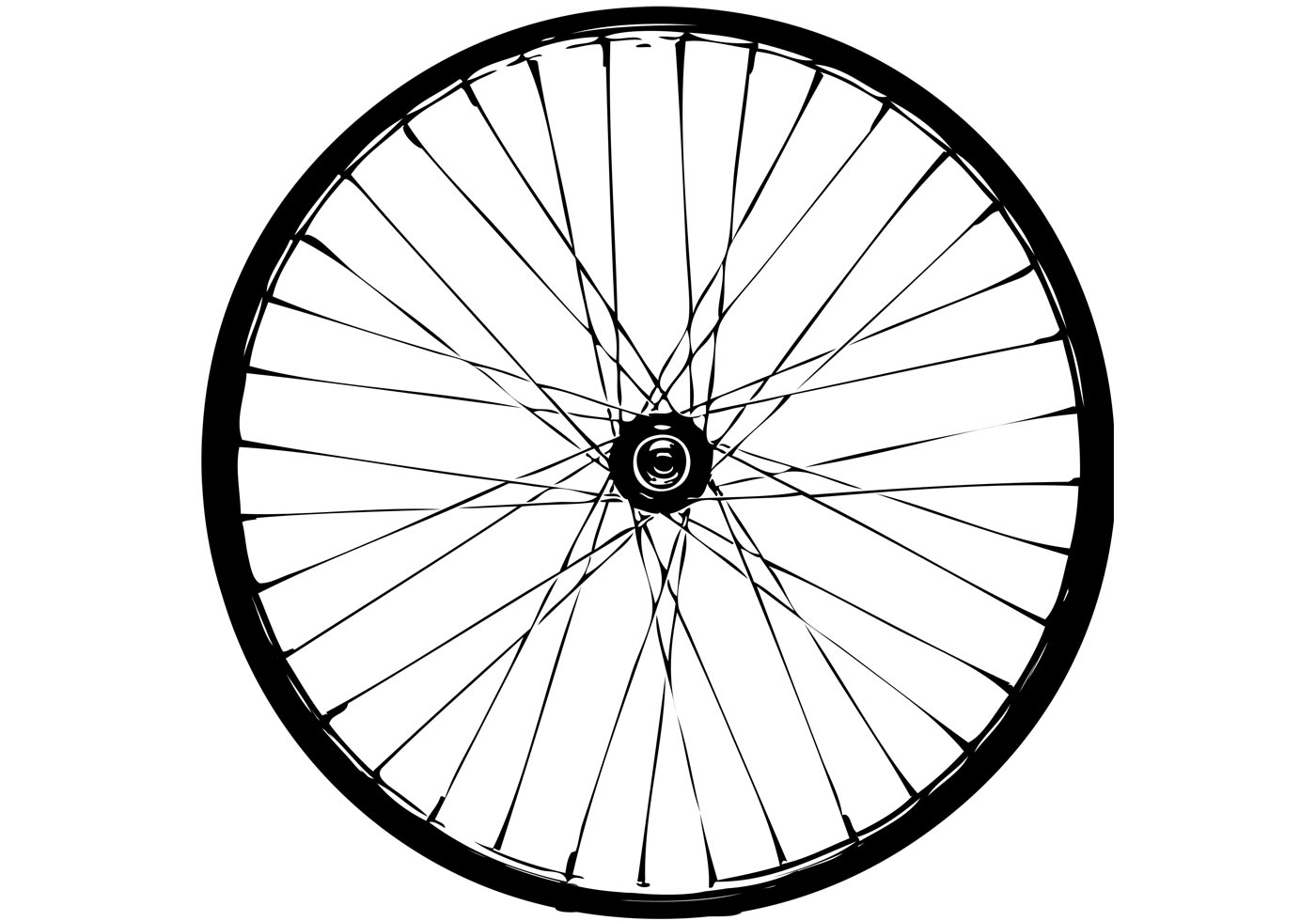A fantastic baseball year of body and mind
I was eight years old and one day when I got home from school, my mother told me I did not make Little League after a disastrous tryout. I crawled under my bed and cried.
I stayed there until my father came home from work. The man who was one of the best baseball players our hometown of Hudson ever produced. The man who was still feared in the city softball league when he came to the plate. The man who played catch with me and taught me how to hold a bat.
My father coaxed me out from under the bed. I was sobbing at this point and gulping for air. It was the second worst day of my young life. The worst was that following day when I got off the bus at John L. Edwards Elementary School and I heard classmates talking about what team they were on. “Elks." "Moose." "Stags." "Antlers." "Fawns” The words felt punches to my solar plexus.
I worshipped baseball and I was good enough to play in Little League, which at the time was for boys aged 8-12. But I froze during the tryouts. When one of my early throws from shortstop didn’t reach first base, I became self-conscious and nervous. A grounder went under my mitt. I whiffed on every pitch thrown to me, even when it was lobbed softly by a coach trying to help me out.
As a result, that year I played in “Park League," which pitted Hudson's playgrounds – Oakdale, Franklin Park, Academy Hill, Charles Williams, St. Mary’s – against each other. We were the same age as the Little Leaguers, but we played in the morning and we weren’t as good.
Few people came to watch and that lowered the pressure I placed on myself. My coach told me I was good enough for Little League and that he couldn’t understand why I hadn’t been picked. I knew but didn’t say.
When I was nine, I got a break. The Hudson Elks Little League added a team, the Bucks. My father would be the manager. That meant I would be picked by him no matter how terrible I did in tryouts.
I was a Little Leaguer but my nervousness continued to plague me. Plus, it didn’t help my confidence when the best and fastest Little League pitcher I ever saw, 12-year-old Danny Chidester, hit me on the thumb with a pitch. I cried. My thumbnail turned bright purple and fell off a few weeks later.
At home I had no problem catching the grounders my father or cousin Mike threw to me. But in a game, they went right through my legs. I was a human wicket. At the plate, I batted last and either struck out or got a walk.
Then my Dad did something he never explained to me: he switched me from an infielder to catcher. I loved it. I was involved in every pitch. I loved being the guy with the mask, caked in sweat and dirt. It made me focus so intently that I forgot my nervousness. I still couldn’t hit but I was sure-handed behind the plate.
By the time I was 12, my team had the fastest pitcher in the league, Rich Deters. My confidence improved and I began to hit. I made the all-star team and we nearly won the league.
When we lost a tie-breaking game to the other top team, the season was over. Walking up the steep hill to the Elks Club after the game with my father and my teammate Jay Qualtieri, I began sobbing. But this time it was not because I was sad and embarrassed or even that we lost. It was because I’d worked hard to overcome my fears. Now, the games were over before I wanted them to be.
My baseball jitters would return in Babe Ruth, high school and American Legion play. My mind wouldn’t let my body win. But during that one amazing year in Little League, I was whole.

